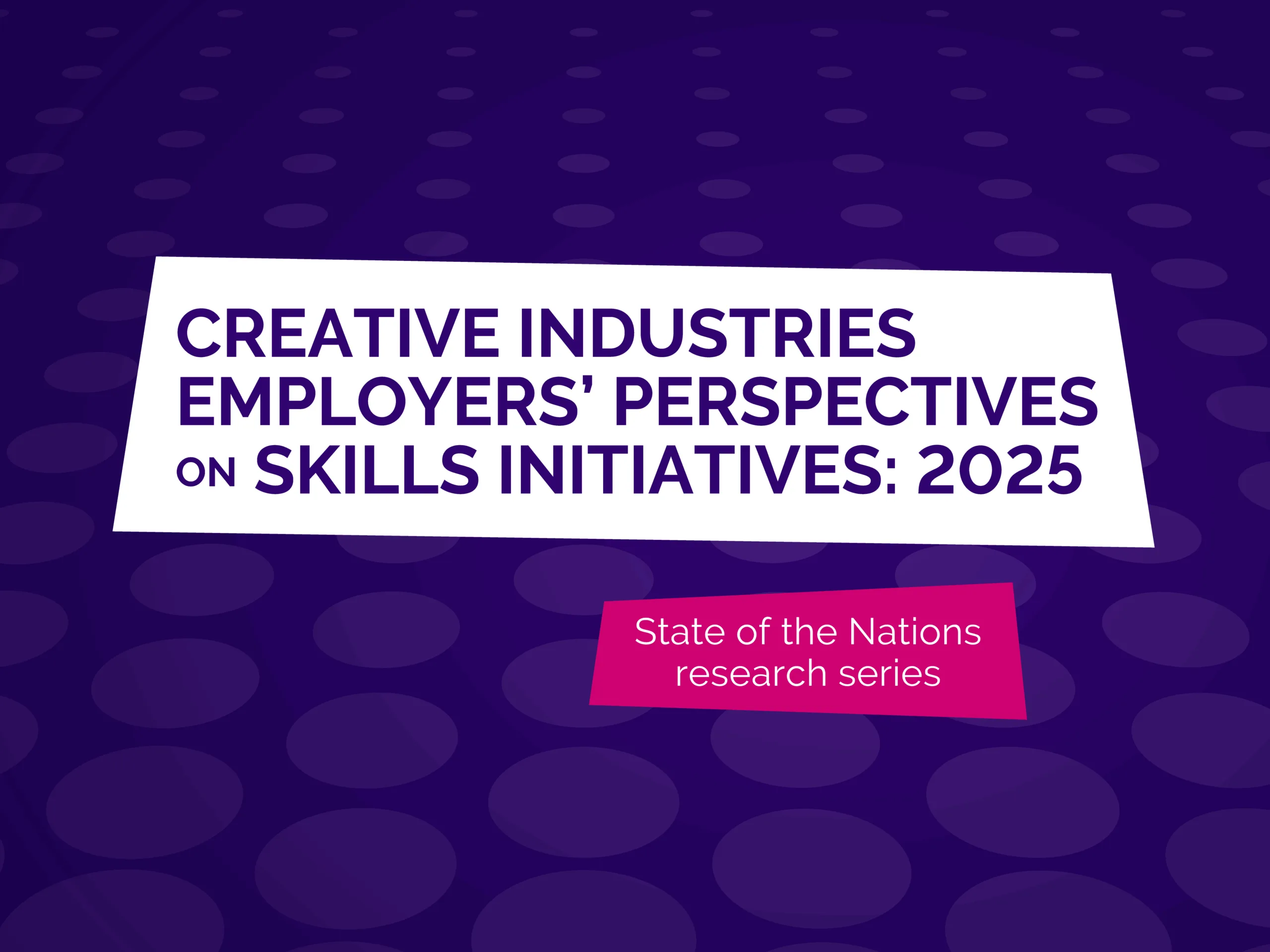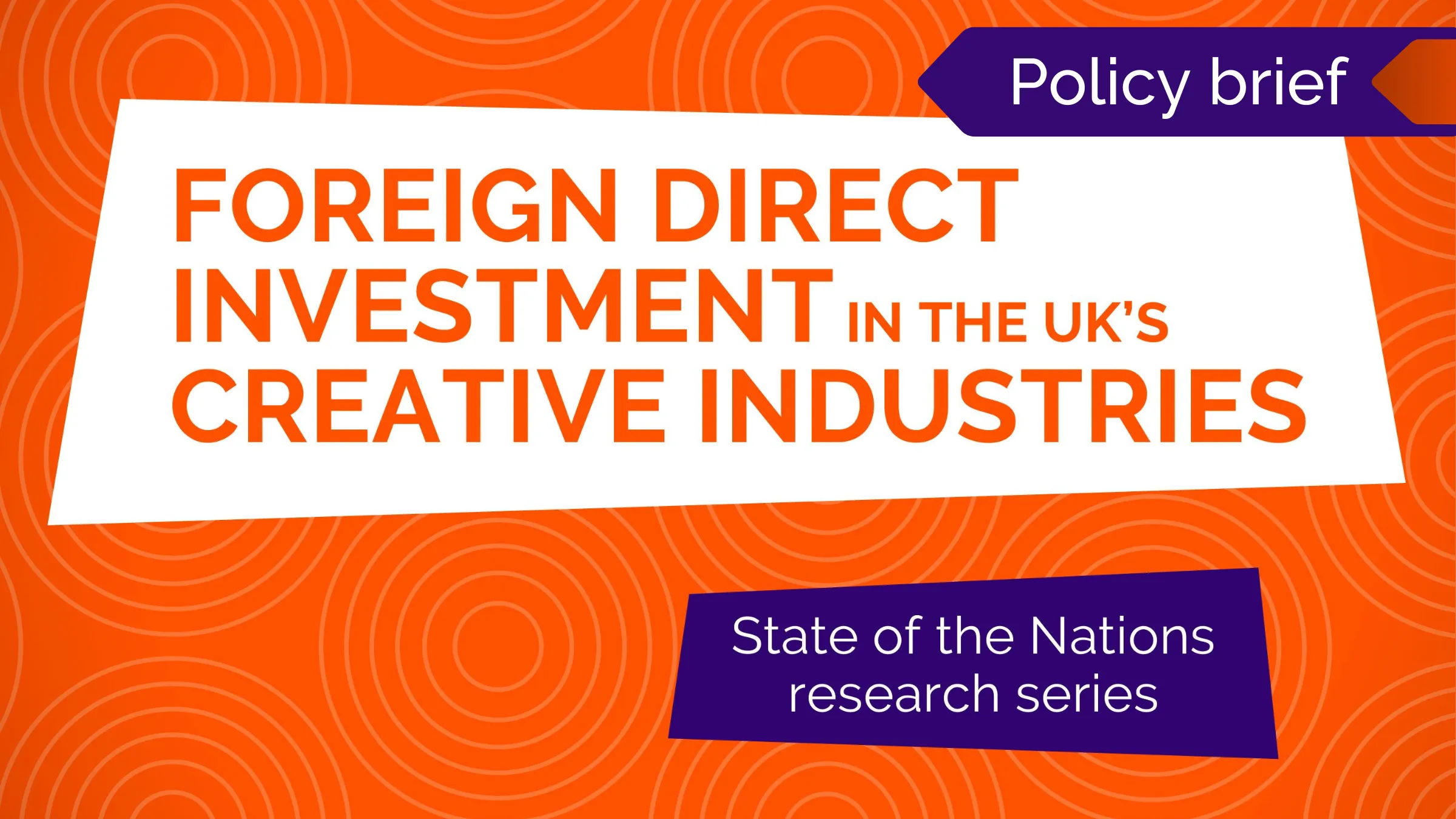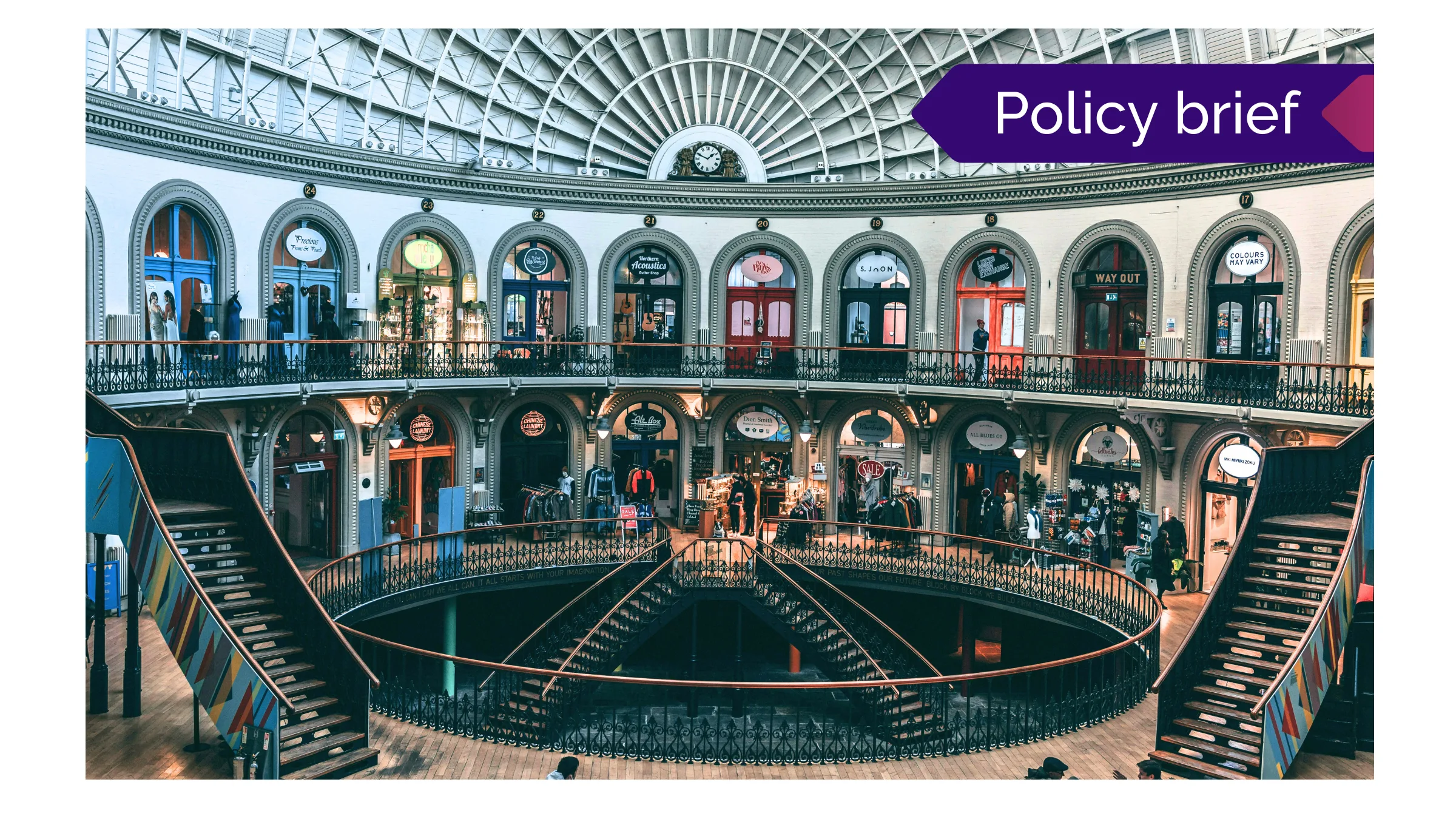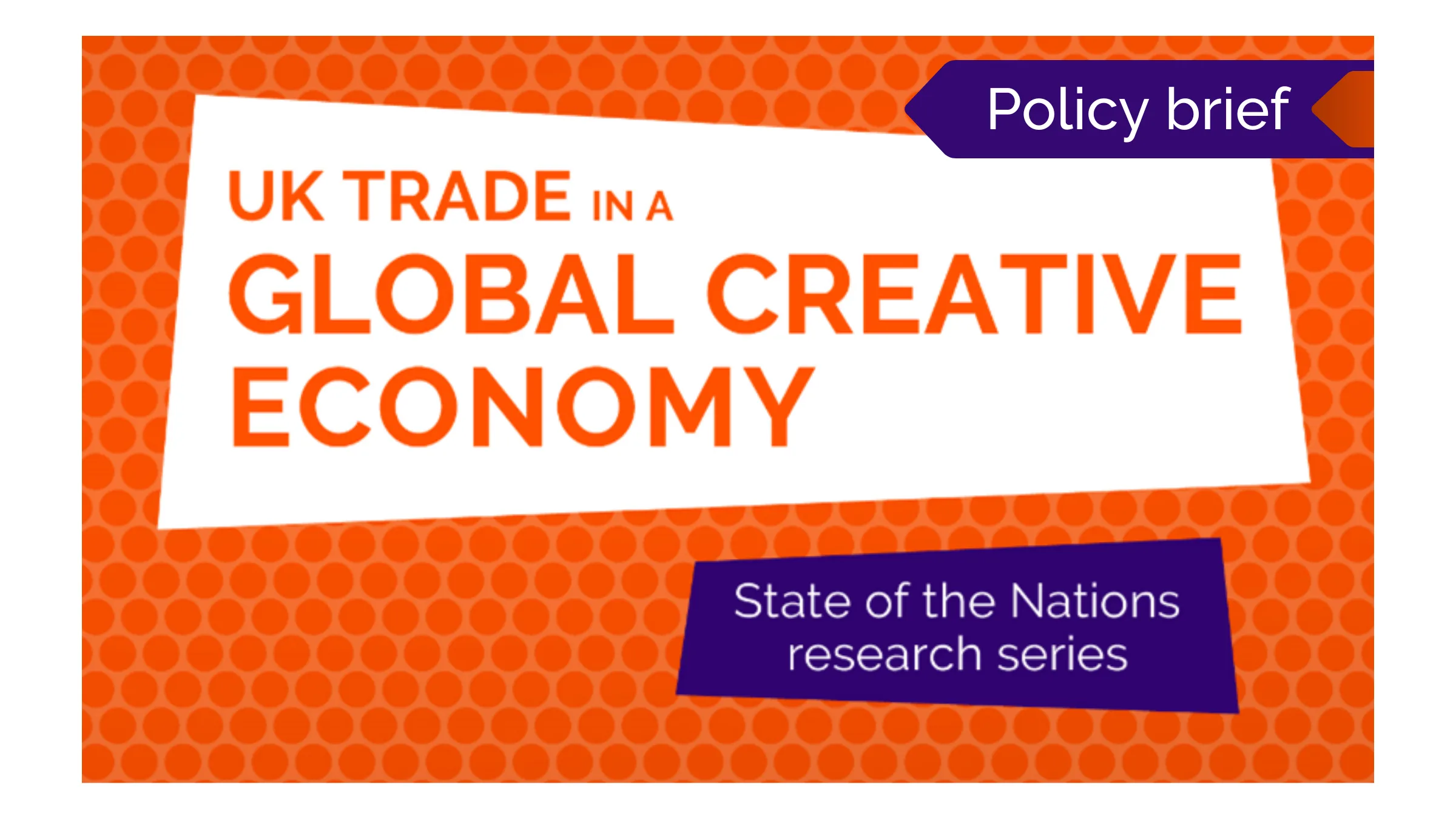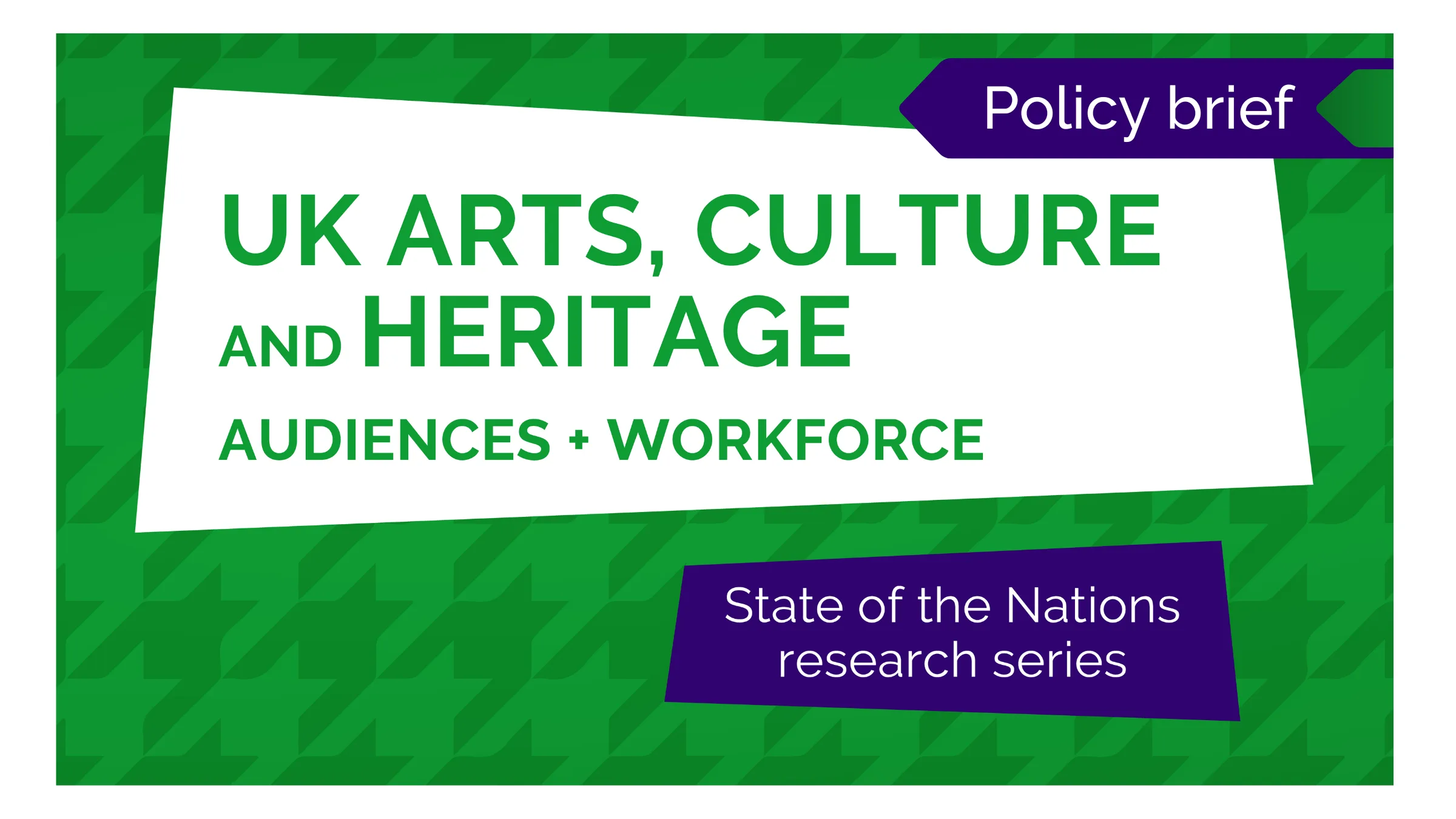Policy Brief: Transitioning to Sustainable Production across the UK Theatre Sector
This policy brief outlines recommendations for transitioning to more sustainable theatre production practices across the UK theatre sector. It is based on research by Professor Roberta Mock that examined sustainable production efforts in three theatre companies of different scales.
The research found that while the theatre industry’s carbon footprint is small, government net zero goals require action across all sectors. Many major theatre companies have already made commitments to sustainability. The recently published Theatre Green Book, developed by industry experts, aims to provide practical guidance on sustainable production.
The research found that the Green Book is helping to increase awareness and accountability around sustainability in theatre productions, though better measurement tools are still needed. With appropriate planning, productions could meet Green Book standards without increasing budgets. However, sustainable practices increase workloads, disadvantaging freelancers. More support is needed here.
Key recommendations in this policy brief include financial incentives for theatres implementing sustainable practices, encouraging Green Book commitments, investing in shared storage facilities, developing better carbon measurement tools tailored to theatre, supporting professional development around sustainability, and fostering audience engagement.
The brief emphasises the need for cross-sector collaboration on issues like supply chains and materials innovation. It also recommends upgrading small venues’ infrastructure to reduce touring impacts. Overall, the research indicates that sustainability progress is possible but still faces multiple complex barriers across the theatre ecosystem.
_____________________________________
Thumbnail and Hero Image by Samuel Regan-Asante on Unsplash
Related Policy Briefings
Harnessing the growth potential of createch
This insights paper summarises existing evidence on the present opportunities and challenges in crea…
Policy Brief: Creative Industries Employers’ Perspectives on Skills Initiatives: 2025
Overview The Government’s new Industrial Strategy sets a long-term, sector-focused approach to skill…
Policy Brief: Migration in UK Creative Occupations and Industries
Overview The UK’s creative industries are internationally oriented, a fact that’s reflected in its e…
Policy Brief: Arts, Culture and Heritage: Recent Trends in UK Workforce and Engagement in England
Overview Five years after the Covid-19 pandemic, engagement and employment in the arts, culture and …
Policy Brief: Foreign Direct Investment in the UK’s Creative Industries
Read the Policy Brief based on the most recent State of the Nations Report on FDI.
Policy Brief: Insights from the Northern Creative Corridor Workshops Sprint
The Northern Creative Corridor is an initiative aimed at connecting creative clusters across Norther…
Policy Brief: International Trade and the UK Creative Industries
This policy brief examines international trade in the UK creative industries. Drawing on our UK Trad…
Policy brief: Audiences and Workforce in Arts Culture and Heritage
This policy brief uses census data to provide, for the first time, a comprehensive analysis of audie…
Policy Brief: Transitioning to Sustainable Production across the UK Theatre Sector
This policy brief outlines recommendations for transitioning to more sustainable theatre production …
Authors’ Earnings in the UK
This policy briefing sets out areas for possible policy action, proposed by the researchers at CREAT…
Television production, international trade and pressures to consolidate
The UK television production sector is one of Britain’s leading creative export sectors. This briefi…
Three ways to support growth in the creative industries
Three ways to support growth in the creative industries The Creative Industries are an economic powe…


